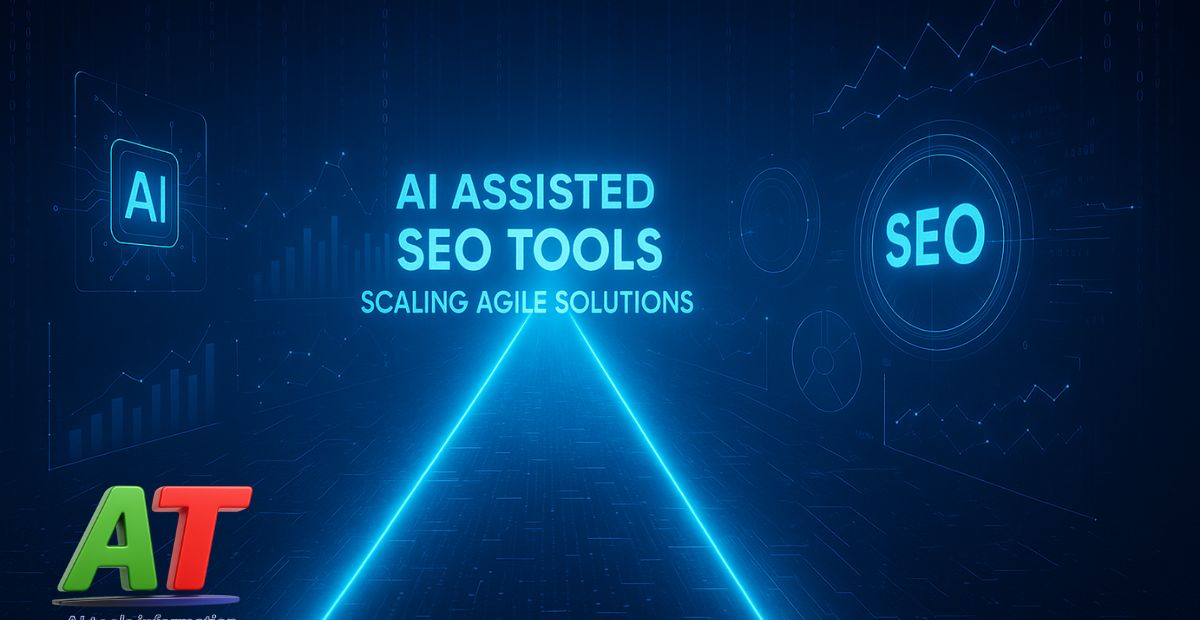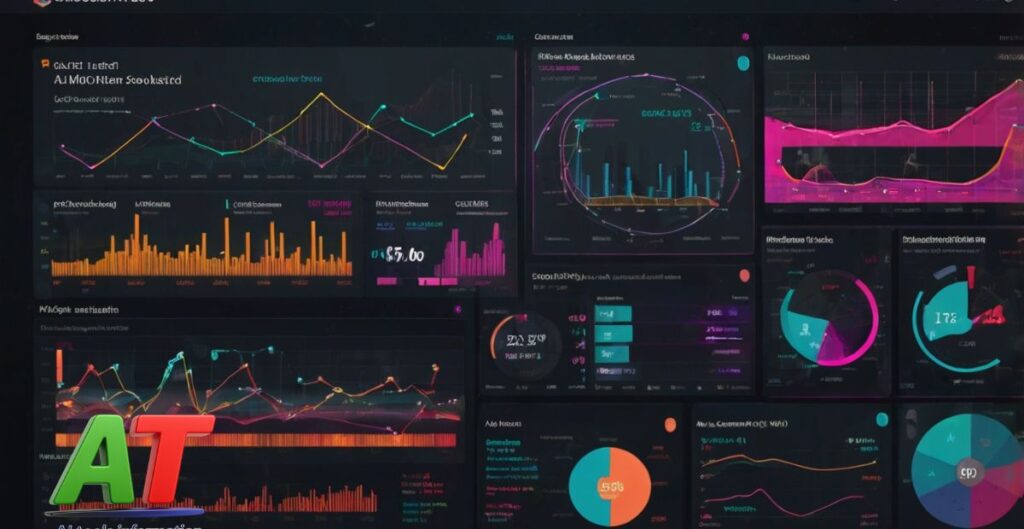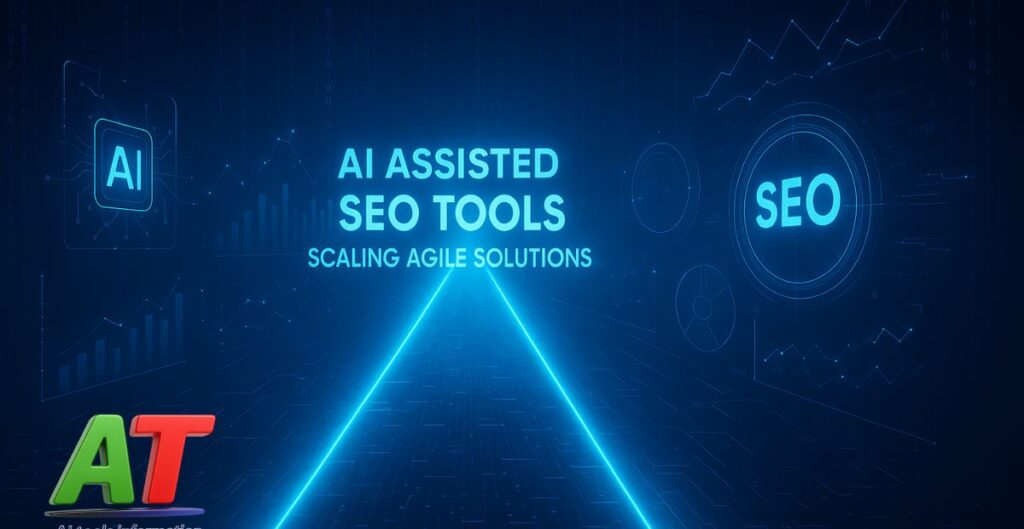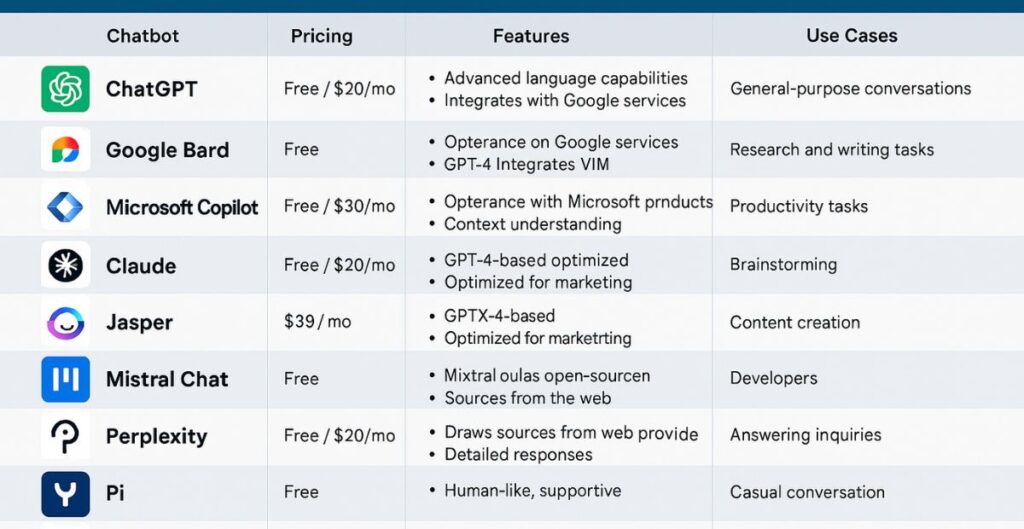Introduction: The Power of AI in Modern SEO
The landscape of Search Engine Optimization (SEO) has evolved dramatically over the years. Once dominated by keyword stuffing and basic on-page optimization, SEO is now powered by artificial intelligence (AI). As technology continues to advance, AI-powered SEO is becoming the cornerstone of modern SEO strategies. AI helps marketers understand user intent, optimize content, and make informed decisions faster than ever before.
In this article, we’ll dive into the foundational elements for SEO with AI and discuss how these technologies enhance traditional SEO practices, making them more efficient and effective.
1. The Core Components of SEO with AI
Intent-Based Keyword Strategy
A major shift in SEO today is the move towards intent-based keyword strategy. Traditional keyword strategies focused heavily on exact-match keywords, but with AI, the focus is now on understanding SEO user intent. This means using AI tools to understand what users are searching for based on their needs, rather than just optimizing for a list of keywords.
AI can help uncover long-tail keywords, latent semantic keywords, and even content gaps in your strategy by analyzing search behavior at scale. Tools like Frase AI and Clearscope AI are instrumental in helping SEO professionals discover content opportunities that align with user intent, rather than focusing solely on keyword inclusion.

AI Search Optimization
AI search optimization goes beyond keywords. AI tools allow you to analyze search trends, understand how users are interacting with search engines, and adjust your SEO strategy accordingly. The integration of AI in technical SEO with AI means that you can analyze large sets of data, identify inefficiencies, and tweak your website’s structure for better performance on search engines.
Search engines like Google have already incorporated AI technologies like BERT, RankBrain, and MUM to better understand natural language and user queries. This highlights how AI is transforming how SEO is performed, making it essential to optimize your site for machine learning algorithms and not just traditional search engines.
2. Content Creation and Optimization with AI

Human-Level Content with AI Tools
While AI can assist with content creation, it’s important to maintain a human-level content quality. Google’s Helpful Content Update made it clear that search engines now rank content based on its relevance, originality, and value to the user. While AI tools such as Jasper AI, Writesonic, and others can help generate drafts, human oversight is critical to ensure that the content is unique and accurate.
AI-powered content tools can optimize your articles for readability, SEO-friendliness, and engagement. These tools analyze user interaction metrics and adjust the content to improve bounce rates and increase time on page, which ultimately boosts rankings.
Topic Authority in SEO
AI has also shifted how we approach topic authority in SEO. Rather than optimizing individual pages, Google now looks at the overall authority of a site in relation to a broader topic. Building pillar content that covers high-level topics and interlinking it with cluster content has become a fundamental strategy for topic clusters SEO. AI helps by identifying content gaps and suggesting internal linking paths that reinforce topic authority.
AI tools like MarketMuse help identify the areas of a topic that need more depth or are missing entirely, allowing SEO professionals to create comprehensive content clusters that Google will recognize as authoritative.
3. Technical SEO and Site Health with AI

AI-Powered Site Audits
An optimized website is at the core of successful SEO. AI tools play a crucial role in improving your website’s technical SEO with AI by automating audits and identifying issues that can impact site health. Tools like Surfer SEO and Frase AI can quickly audit your site for SEO site health issues, such as broken links, slow page speed, and crawl errors.
Additionally, AI can help improve mobile-first design SEO, ensuring that your site is optimized for mobile devices, which is crucial for ranking well in search results. Mobile optimization is especially important as more users access the web from smartphones and tablets.
4. Link Building and AI
AI for Link Building
Building high-quality backlinks is a vital part of any SEO strategy. AI tools can help identify high-authority websites for potential backlinks. By analyzing competitor backlinks and evaluating domain authority, AI can pinpoint the best opportunities for outreach.
AI-based tools like BuzzSumo and Ahrefs help automate link building efforts, saving time and improving outreach efficiency. This makes the process of building a solid backlink profile more manageable and less time-consuming.
5. Real-Time SEO Data and Content Updates with AI

Real-Time SEO Analytics
Real-time SEO data has become increasingly important in today’s fast-paced digital landscape. AI tools can track ranking shifts, monitor user behavior, and predict trends before they happen. By using AI-powered platforms like SEMrush or BrightEdge, SEO professionals can make proactive adjustments to their strategies based on real-time data.
For example, AI can identify when content is losing traffic or when there are emerging topics that need immediate attention. This allows businesses to stay ahead of the curve and keep their content relevant, fresh, and engaging.
Content Updates with AI
One of the main advantages of using AI for SEO is the ability to automate content updates. AI tools can scan your content regularly, identifying outdated information or keywords that no longer perform well. By integrating AI into your content maintenance strategy, you can ensure your content stays up-to-date, relevant, and optimized for search engines.
6. The Role of AI in SEO Analytics
AI also plays a critical role in SEO analytics, helping professionals track performance metrics, monitor competitors, and analyze user behavior. Through AI-powered analytics, SEO professionals can gather deeper insights into how users interact with their content and improve the user experience.
AI’s ability to predict user behavior, combined with tools like Google Analytics and Surfer SEO, helps refine SEO strategies for maximum impact.
7. Ethical Use of AI in SEO

While AI offers powerful tools for improving SEO, it is important to approach it ethically. Over-reliance on AI may lead to content that lacks the human touch or context, which could ultimately harm your website’s credibility.
For instance, AI-generated content must still adhere to E-E-A-T (Experience, Expertise, Authoritativeness, and Trustworthiness) standards. AI should complement human creativity rather than replace it. Ensuring content is accurate, well-researched, and written with a unique voice will make it more valuable to users.
Conclusion: Embracing AI for Future SEO Success
AI is transforming SEO in powerful ways. From AI-powered keyword research to real-time analytics, AI tools are helping SEO professionals create better content, improve website health, and stay ahead of industry trends. As AI continues to evolve, embracing it as a complementary tool will allow businesses to sharpen their SEO strategies and deliver better results.
Whether you’re optimizing for SEO site health, building topic authority, or refining semantic SEO strategies, AI is a game-changer that enhances every aspect of the SEO process. The key is to balance automation with human insight, ensuring the best of both worlds.
Bonus: Recommended AI Tools for SEO
- Surfer SEO: Perfect for technical SEO audits and real-time data analysis.
- Frase AI: Great for content creation, keyword research, and user intent analysis.
- Clearscope AI: Ideal for content optimization and semantic SEO strategies.
- MarketMuse: Helps with topic authority, content optimization, and identifying content gaps.
FAQS
1. How Can AI Be Used in SEO?

AI revolutionizes SEO by automating tasks, enhancing decision-making, and predicting trends. Tools like Surfer SEO, Frase AI, and Clearscope analyze search behavior, uncover long-tail keywords, and optimize content for user intent. AI also aids in technical SEO by identifying site issues and suggesting improvements.
2. What Are the Elements of SEO?
Key elements of SEO include:
- Keyword Research: Identifying relevant search terms.
- On-Page Optimization: Optimizing content and HTML tags.
- Technical SEO: Improving site speed, mobile-friendliness, and crawlability.
- Content Quality: Creating valuable, original content.
- Backlinks: Acquiring links from reputable sites.
- User Experience (UX): Ensuring a positive site experience.
- E-E-A-T: Demonstrating Experience, Expertise, Authoritativeness, and Trustworthiness. Semrush
3. What Is the AI Tool to Optimize SEO?
Several AI tools enhance SEO:
- Surfer SEO: Analyzes top-ranking pages and provides real-time optimization suggestions.
- Frase AI: Generates content briefs and optimizes content based on search intent.
- Clearscope: Enhances content readability and keyword relevance.
- Semrush: Offers AI-powered keyword research and content optimization tools. All About AI+1Reddit+1Backlinko
4. What Is the Foundation of SEO?
The foundation of SEO lies in understanding and implementing the core elements:
- Keyword Research: Identifying terms your audience searches for.
- Content Quality: Providing valuable, informative content.
- Technical SEO: Ensuring your site is accessible and performs well.
- Backlinks: Building authority through quality links.
- User Experience: Creating a seamless and engaging site experience.

